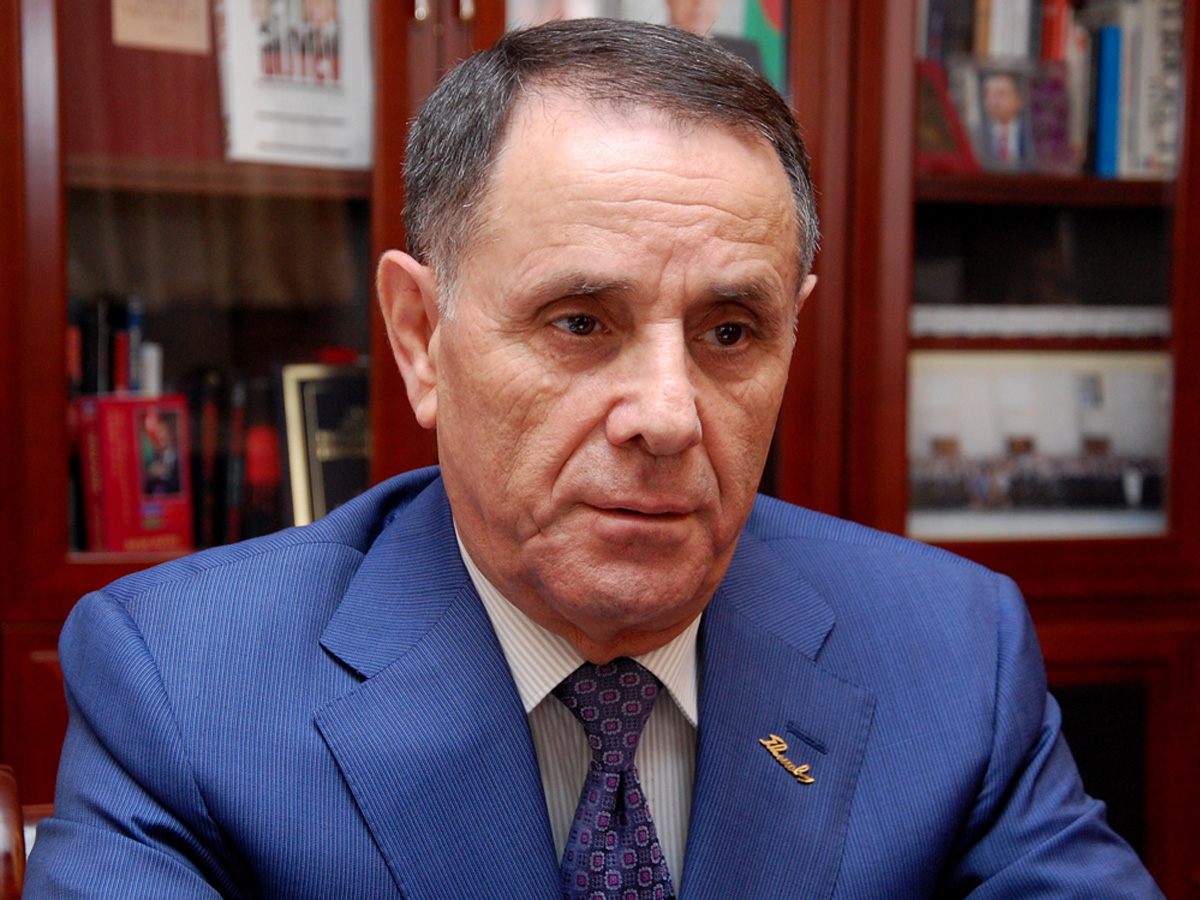Baku, Azerbaijan, Apr. 27
By Elchin Mehdiyev - Trend:
Azerbaijan stands for the peaceful settlement of the Nagorno-Karabakh conflict, by demonstrating its commitment to this issue for more than 20 years, Novruz Mammadov, deputy head of the Azerbaijani presidential administration, chief of the administration's foreign relations department, told reporters April 27.
"But when there is an opportunity to move forward in resolving the conflict, Armenia commits a diversion," he said. "Such a situation was observed in 2009-2014 and in April 2016."
Mammadov added that Armenian President Serzh Sargsyan harms himself and his people by avoiding the talks.
"Of course, Azerbaijan will liberate its lands from Armenia's occupation," he said. "Azerbaijan will achieve this with the help of the international community."
Mammadov further said that the Armenian leadership think about the future of its people.
On the night of April 2, 2016, all the frontier positions of Azerbaijan were subjected to heavy fire from the Armenian side, which used large-caliber weapons, mortars and grenade launchers. The armed clashes resulted in deaths and injuries among the Azerbaijani population. Azerbaijan responded with a counter-attack, which led to liberation of several strategic heights and settlements.
Military operations were stopped on the line of contact between Azerbaijani and Armenian armies on Apr. 5 at 12:00 (UTC/GMT + 4 hours) with the consent of the sides, Azerbaijan's Defense Ministry earlier said. Ignoring the agreement, the Armenian side again started violating the ceasefire.
The conflict between the two South Caucasus countries began in 1988 when Armenia made territorial claims against Azerbaijan. As a result of the ensuing war, in 1992 Armenian armed forces occupied 20 percent of Azerbaijan, including the Nagorno-Karabakh region and seven surrounding districts. The 1994 ceasefire agreement was followed by peace negotiations.
Armenia has not yet implemented four UN Security Council resolutions on withdrawal of its armed forces from the Nagorno-Karabakh and the surrounding districts.






